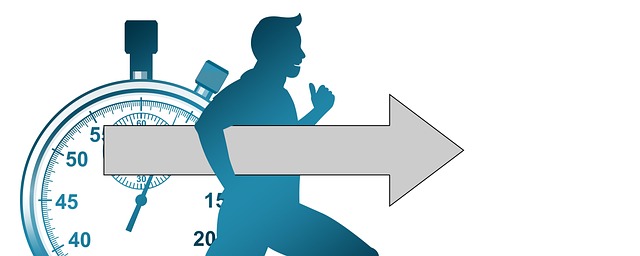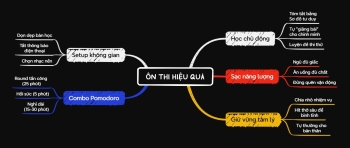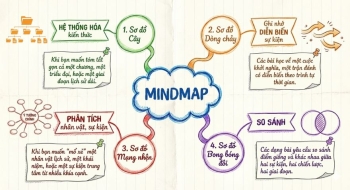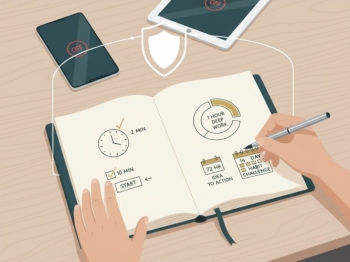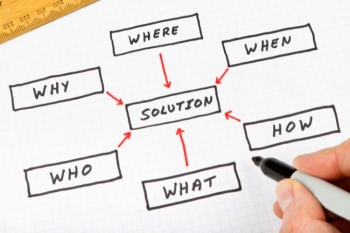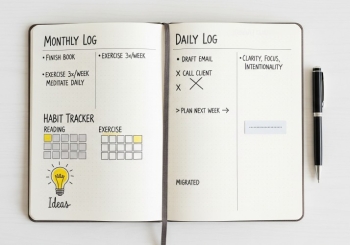Are you drowning in deadlines and invisible pressures? Don't worry. We're here to share a secret that is incredibly simple yet forms the foundation of all success: Effective time management begins with writing down what matters most.

Why you must write down your plan
You might think, "it's a small task, i can just remember it." but what happens in reality? Our brains are great at remembering ideas but are easily overwhelmed by details. When you write things down, you're doing more than just taking notes:
- Clarify your goals: this is like drawing a map. When you put pen to paper, you force yourself to think carefully about what you truly want to achieve. This provides motivation and sharpens your focus.
- Prioritize with ease: once everything is on paper, you can easily see the big picture. What needs to be done now? What can be postponed? This helps you avoid missing important tasks.
- Track your progress better: when you write tasks down, you can set specific deadlines for each one. You can also break large tasks into smaller steps, making it easier to monitor your progress and avoid procrastination.
- Optimize your time and energy: ever hear of the 80/20 rule? It means that 20% of the most important work often yields 80% of the results. Writing things down helps you identify that critical 20% so you can focus all your energy there, instead of spreading it thin.

A 5-step method for super-effective time management
- Identify key goals & tasks ask yourself: what is my biggest goal for this week? Then, list the essential tasks required to achieve it.
- Brain dump & filter write down every single task currently on your mind. Then, be ruthless: cross out anything that isn't truly important or doesn't serve your main goal.
- Rank your priorities use methods like the eisenhower matrix (dividing tasks into important & urgent, important & not urgent, etc.) Or the 80/20 rule. Always tackle the "important & urgent" tasks first.
- Create a detailed plan for each task, note its deadline. If a task is too large, break it down into smaller steps. For example, instead of "complete major essay," write "find research materials," "create outline," "write introduction," etc.
- Review and adjust this step is just as critical. Regularly review your list. How much have you completed? Do you need to make adjustments? Flexibility will help you stay on the right track.
![quản lý thời gian hiệu quả]()
Surprising benefits of "writing down" your time
Writing things down not only makes you more efficient but also brings positive changes to your life:
- Increased productivity, reduced stress: when everything is clear, you work more effectively and eliminate that vague sense of anxiety, which significantly reduces stress.
- More time for yourself: the best part is you'll have more time to relax, pursue hobbies, or simply rest after an efficient day's work.
- Builds focus and discipline: constantly reviewing and updating your priority list helps you form good habits, say no to procrastination, and stop wasting time.
Use smart tools: don't hesitate to use apps like trello, notion, google keep, or simply a digital calendar to take notes and flexibly manage your tasks.

Conclusion
Remember, time management is the process of dividing, prioritizing, and scheduling activities while eliminating distractions to optimize performance.
Writing down what matters most isn't just the first step-it's the core of mastering your time. Make it a habit, and you will find yourself becoming more proactive, working smarter, and achieving your biggest goals in both your career and personal life.
Are you ready to pick up a pen (or open a notes app) and change the way you manage your time?
See more: Focus training: "Golden" Handbook for young people in 4.0

